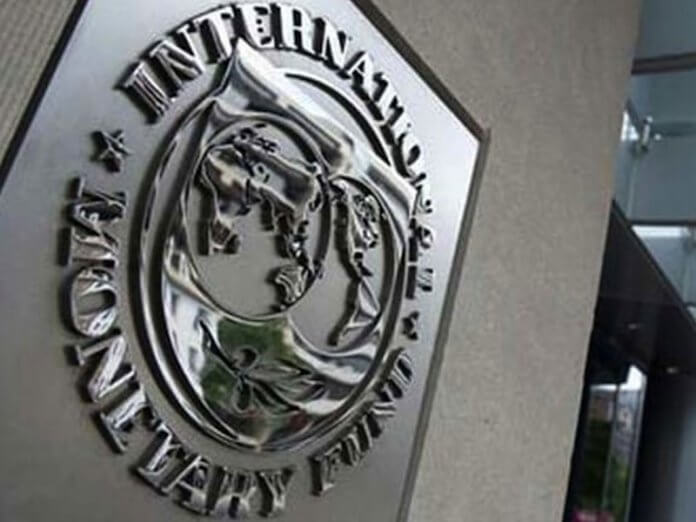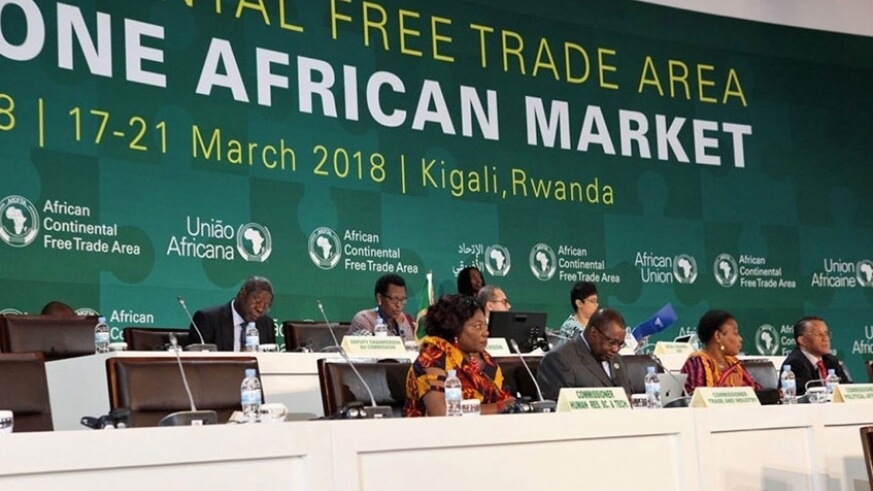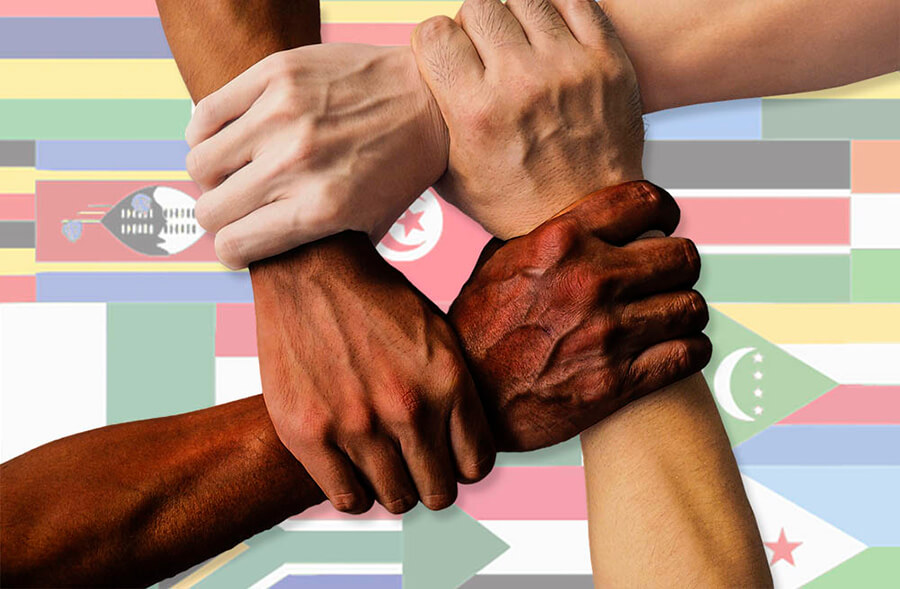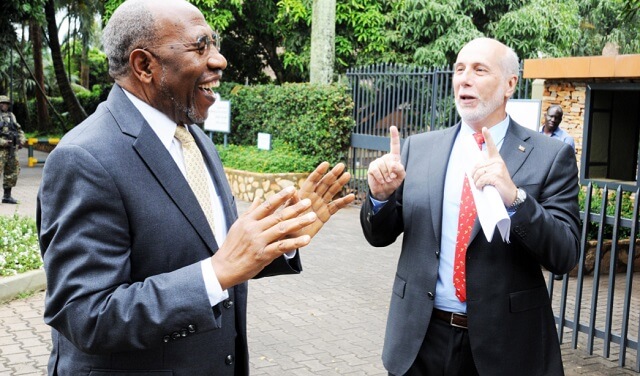The Managing Director, International Monetary Fund (IMF) Mrs. Kristalina Georgieva has advised Africa not to deviate from its plans to enforce the African Continental Free Trade Agreement (AfCFTA). She described the initiative as a catalyst for enhanced growth. Georgieva said this recently at the just concluded Virtual Spring Meetings of the IMF/ World Bank in Washington. Responding to a question on how badly the pandemic has affected African economies, she said: “Sub-Saharan African had a lot of countries stepping up over the last years and it is so tragic to see that momentum being stopped and then a number of countries that have even before the coronavirus had been experiencing very dramatic difficulties, conflicts and natural disasters. “Sub Saharan Africa ought to be the center of our attention and it is. We now have more than 30 countries applying for emergency financing. We are prioritising and rapidly responding to this request recognising how critical this lifeline is for them.” She further added: “We need to think beyond that and we need to think about recovery. We need to make sure that the African continental free trade agreement doesn’t get derailed because of the coronavirus and that means engaging with the leadership in Africa and making sure of that we are putting not only financial resources, but also opening up trade channels and making sure that we support the industries in Africa that depend on trade and the revival of trade.” “We are going to have an extraordinary session with President...
IMF Urges African Countries to Remain Committed to AfCFTA
Posted on: April 20, 2020
Posted on: April 20, 2020























